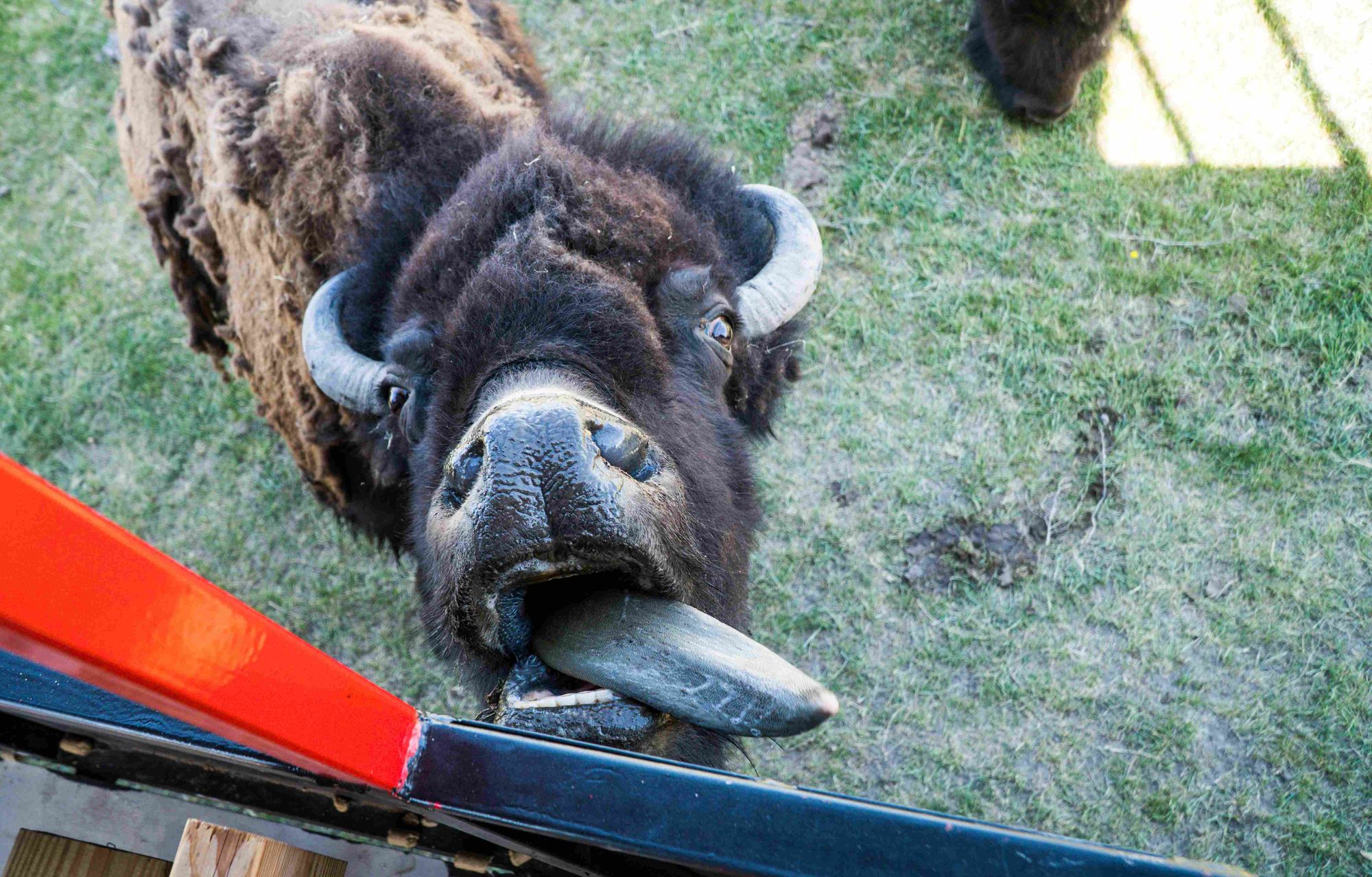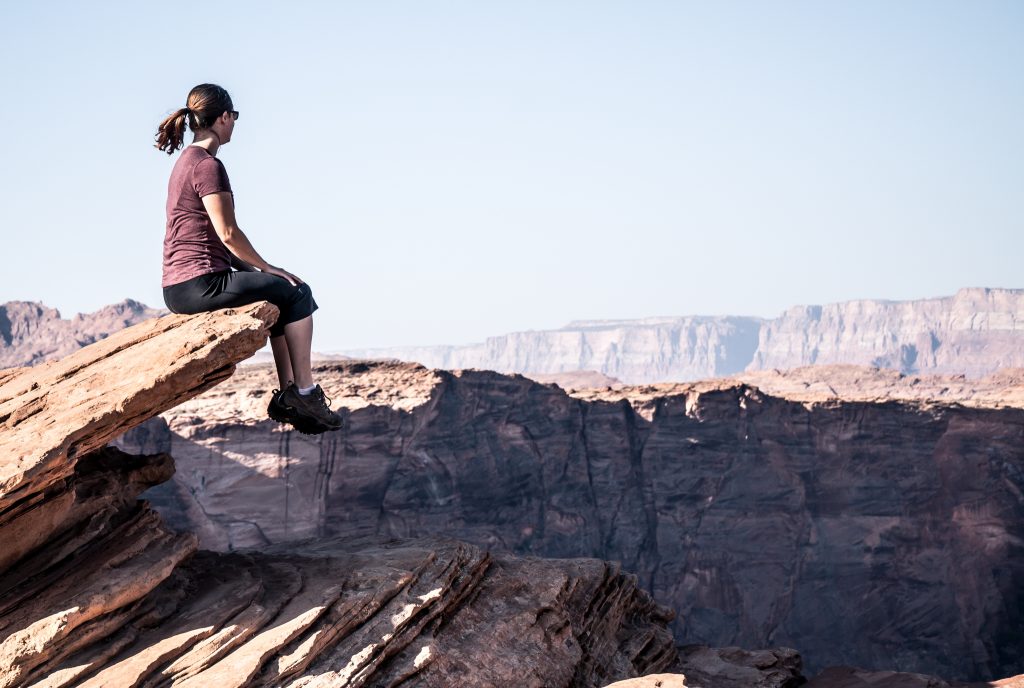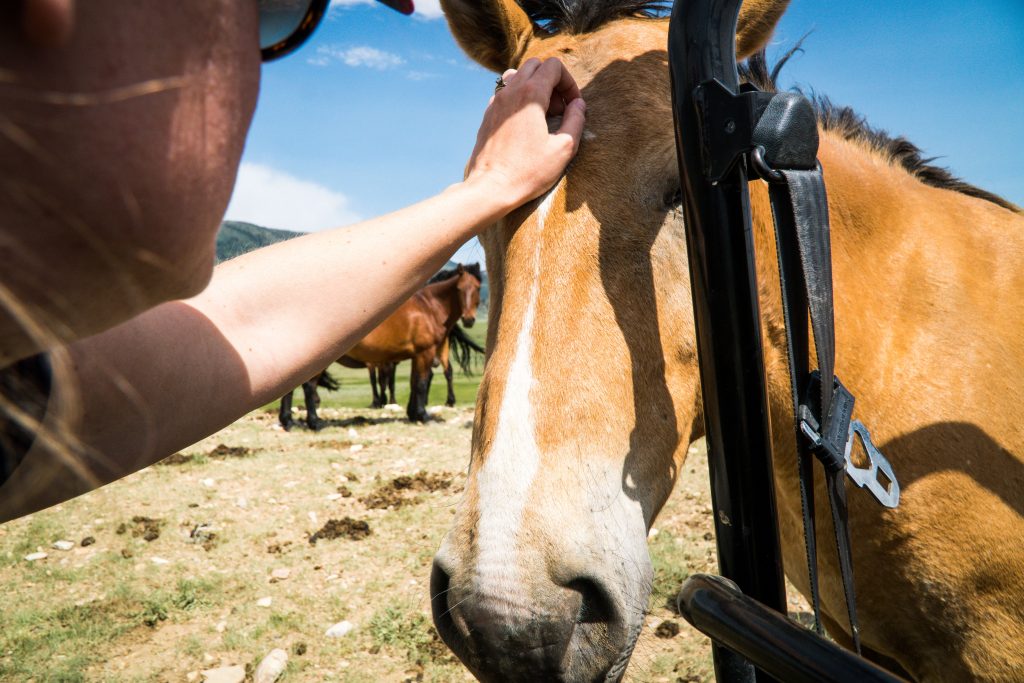The freedom of turning down work in early retirement
I've turned down more work in early retirement than I can shake a stick at. I get calls almost every week with job opportunities from technical recruiters that I used to work with.

Since retiring early, I've turned down more work than I can shake a stick at. I get calls almost every week with job opportunities from technical recruiters that I used to work with. I no longer do that work, but it's nice to know it's still there.
Most recently, I finished up a video gig that earned us thousands.
Though I've argued this point many times before, it bears arguing again: Early retirement does not need to be the end of positive cash flow (even outside of capital gains!). In some cases, it's just the beginning.
I've learned that once your brain is no longer pre-occupied with full-time work, it much more freely accepts its surrounding environment, and that includes opportunities to earn some additional cash after calling it quits with projects that are genuinely interesting and fun.
Full-time jobs have a way of turning off that part of our brain that picks out new and interesting things to do because we already have a relatively consistent and comfortable means of income-generation. We fall into our groove.
We implicitly know that we don't need the additional work, so we pay no attention to those opportunities. "Have a job, don't need it".
But, once we no longer live in the comfort of full-time income, our world expands and our minds stop ignoring things that it previously disregarded, including some of the most interesting and exciting gigs imaginable.
The progression of a typical early retiree

I've been retired from full-time work since December of 2016. In the past year and a half, I've noticed an interesting progression that most early retirees (not just me) take. We free-wheel a bit at first, then settle down into some structure.
Immediately following early retirement, we bask in the glory of nothingness. Meaning, we're okay just taking some time for ourselves. Even if that means spending entire days (or weeks) doing nothing, that's okay. In a way, we are re-charging after years of relentless office torture, on-call weekends, meaningless meetings and unimaginably useless performance reviews.
All those things that make Dilbert cartoons way too real.
After a few months of this, we begin to feel a nagging draw on our psyches. That's the side of us that want some semblance of purpose in our lives. Something to keep us busy and productive during the day. We still appreciate a good amount of nothingness, but we also want to start incorporating some "work" into our lives. That work can look like many different things. It's not necessarily compensated work, either. Volunteering might be the right avenue for some people. For others, it could look like part-time consulting. Whatever it is, we need a sense of purpose, and we begin to gently open up our hearts and minds to the possibility of doing something.
Then, we begin to actually prioritize purpose. Getting involved in "work" is no longer just an optional thing. It becomes a larger part of who we are, and this is where shit gets real. In this phase of early retirement, we begin to understand whether we retired FROM something, or TO something. Sitting at home and watching daytime television no longer cuts it for us (and frankly, it shouldn't cut it, either). We need to get involved with something. Something that we can link to our purpose in life. Something that makes us satisfied.
In a span of not more than about a year (sometimes much less), we go from the excitement of early retirement and just not going to work every day to a search for that next avenue that makes us excited to get up in the morning. We eventually come to a point where we need to put our finger on exactly what we're going to do next. It's not another full-time job.
For me, it's something that I never got to do much of when I worked a full-time job. It's about getting creative with a camera.
Filming video for a former boss
Here's a story that represents another tick in the "don't burn your bridges" column of life. One of my previous bosses now runs a media company, and they do all kinds of things with different forms of media - including video. He knows we run a YouTube channel, too. Recently, he reached out to me with an interesting proposition.
Initially, he generally popped the question about me shooting "b-roll" video of the places that we visit that happens to align with his company's video targets. For those who aren't familiar with video terminology, "b-roll" is generally video-only (in other words, without audio) clips that run overtop voices in motion pictures. For example, if someone were to give a video interview about their custom-designed home, video of the home might run overtop their words.
I indicated that sure, we'd be interested in exploring those possibilities.
Then, we got into specifics. He asked if we were traveling to Wyoming this year, and indeed we were. They need Wyoming b-roll video and offered us an opportunity. They paid us a nice lump sum of money in exchange for shooting video in a place that we were planning to visit anyway. It was cheaper for them, and of course, we'll never turn down fun ways to earn a buck or two.

This opportunity accomplished several things
Income - Naturally, the income is nice and we will never turn down an opportunity to generate cash flow, provided the opportunity legitimately sounds fun. In early retirement, the "fun" part is most critical. If we begin taking jobs just for the sake of earning money, then we might as well go back to work.
Creativity - Our YouTube channel does provide a creative outlet, but it's also a relatively "non-professional" medium. Meaning, videos don't need to be perfect for YouTube. Over time, you'll still acquire more and more of a following provided that you're consistent. But, this opportunity added a layer of professionalism to my creativity, which was a nice change. I paid special attention to shooting smooth video, well-lit. Tight framing. Controlled camera movements. Things that you might expect out of a professional video, but not necessarily something that I'd spend hours to perfect for a YouTube video.
Opportunity - It also reinforced how many opportunities there are to generate income after early retirement. The freedom to turn down jobs is amazing, but it is also comforting to know that earning money is nearly always an option when you aren't tied down with a full-time job.
I accepted this video gig because it sounded interesting (and it was!). I've also turned down opportunities for income. After all, earning money after retiring early was never in the plans. This was a complete surprise.
Freedom to turn down work in early retirement
I can't stress this point enough about early retirement: It's not the end of work. It's the end of mandatory work. Forced work to pay your mortgage or debts. By far, the thing that surprised me the most about early retirement is the sheer number of opportunities that exist out there to generate money after quitting your full-time job.
What keeps me feeling a sense of purpose in early retirement?
Full-time travel – As most of you know, we sold both of our homes and travel the country for a living. Full-time. Our Airstream is our home. Yes, our only home. We pulled out of the KOA in Tucson, AZ April 1st of 2017 and began our new lives of travel (we are temporarily back in the KOA, but we’re leaving once again in April of 2018 for permanent travel).

Rockstar Finance – For damn near the entire year of 2016, I worked closely with J$ as his primary technical resource. I built out the entire Rockstar Directory from scratch (with J$ delivering the vision, of course). Today, I manage the operational side of Rockstar Finance after ESI Money bought Rockstar Finance, and I couldn’t be happier.
YouTube channel – My wife and I spend time running a growing YouTube channel called A Streamin’ Life. I’m the one filming the majority of the videos, and I’m also the guy who edits the videos and puts together the final product. Our talking videos only take about 30 minutes to edit, but hiking and exploration videos can take hours to edit with music. It’s fun, though!
Fitness – I’m a fitness fanatic. In fact, I used to be that guy who went to the gym multiple times a day on some days. Yes, an actual “gym rat”. Now, I’m working out at more reasonable intervals and enjoying more time away from the gym. This year, I will be taking my Planet Fitness gym membership with me around the country.
As you can tell, I’ve been busy, but not too busy where I’ve felt overwhelmed by the work I was doing. Everything that I do is a passion. But still, there is a balance that needs to be maintained throughout early retirement. The idea is to keep that buttery sweet feeling of freedom and combine it with satisfying work that makes you feel productive, accomplished and useful.
Wait! Are you truly retired if you earn money?
To the retirement police, you can’t be retired if you’re making money by doing work. Doing work, after all, is what people do “for a living”, and therefore, if you do something post-retirement that generates cash, you’re not actually retired.
Because you’re still making a living!
As most of us in the financial independence and early retirement community know, our lives don’t simply stop once we reach retirement (in many cases, it’s quite the opposite). We don’t sit and stare out the window. Many of us still choose to “work” after we’ve quit our jobs.
In fact, the earlier that one retires, the more likely it is he or she will spend their time doing something productive, even if that generates additional cash. Retirement means you are no longer beholden to a job to sustain your life. It doesn’t mean that you’re done being productive.
Work, you see, is what we love. Jobs, on the other hand, drain our lifeblood from our souls. This difference is fundamental.
Let’s take a look at a graphic that I so lovingly created to illustrate the difference between our jobs and our work.

Retirement to me is a way of life that exists once your net worth and passive income support you and your family for the duration of your lives without holding another job. Ultimately, that means one can sit and stare out of the window for the next 50 years if they like, literally doing nothing.
But, early retirees don’t do that.
If you're an early retiree, do you find yourself turning down jobs? If you aren't yet retired, would you consider working smaller projects for former companies/bosses if they sounded interesting?